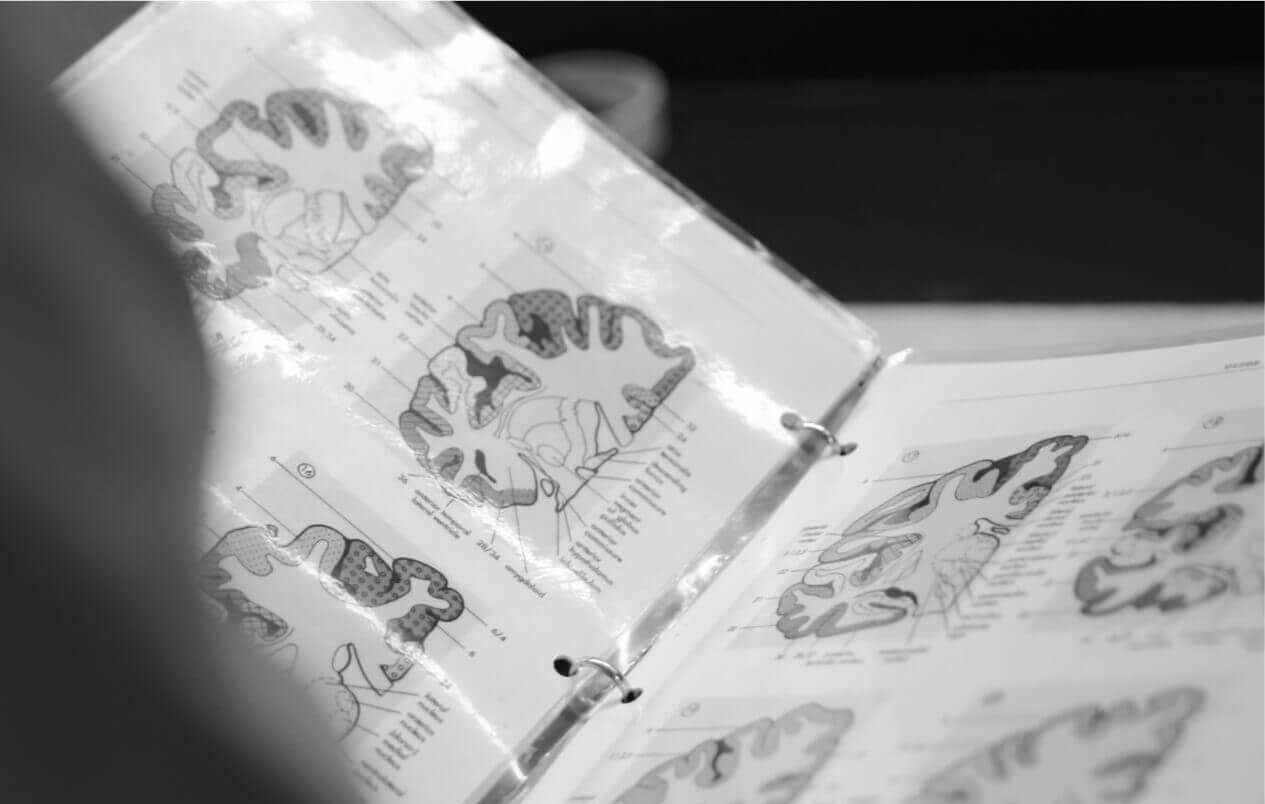Collaborating For Cures
President Obama this week signed the long-awaited the 21st Century Cures Act into law. It’s a $6.3 billion dollar piece of legislation that was recently passed by both the House and Senate after two years of revisions and some very heavy lobbying. It will fund some key priorities including the President’s Brain Research through Advancing Innovative Neurotechnologies® (BRAIN) Initiative, plus provide much-needed resources for mental illness, efforts to stem the opioid addiction crisis, and the Cancer Moonshot Initiative. It also changes some things at the Food and Drug Administration (FDA) that could make it easier for certain medical devices and drugs to be approved more quickly, causing some concern about less oversight. Still, it’s unusual to find this kind of consensus in the current federal government, so that’s good, right?
Collaboration is rarely a bad idea. In fact, Vice-President Joe Biden said we sure need more of that among scientists and researchers when it comes to curing major diseases. That was a big point of his report earlier this year on the need for data sharing and breaking down silos to advance goals for cancer research. Everyone agrees, he said, that answers would come more quickly if the intelligence gained is openly available. He says it’s “cancer politics” that gets in the way.
It isn’t just cancer research. That’s why the NeuroBioBank was formed by the National Institutes of Health (NIH) – to level the playing field when it comes to brain tissue distribution for researchers. This three-year-old collaboration allows any qualified researcher to access the tissue rather than only those with certain advantages among specific communities. And with that access comes the obligation to share – to return data to the NeuroBioBank so others can benefit from it as well and not needlessly repeat studies already done. The good news is that there’s a growing contingency of researchers who see the value of a strong sharing mechanism and gladly promote it. This is just one of the reasons that the Brain Donor Project supports the NeuroBioBank by working to increase the supply of human brain tissue for research – brilliant scientists emerge every day and their access to precious resources should not be limited by any sort of “disease politics.”
It’s great that new discoveries, fueled by government consensus to cure terrible diseases, are just around the corner. It’ll be even better when scientists can routinely build on their breakthroughs by utilizing the brainpower of their colleagues as well.



